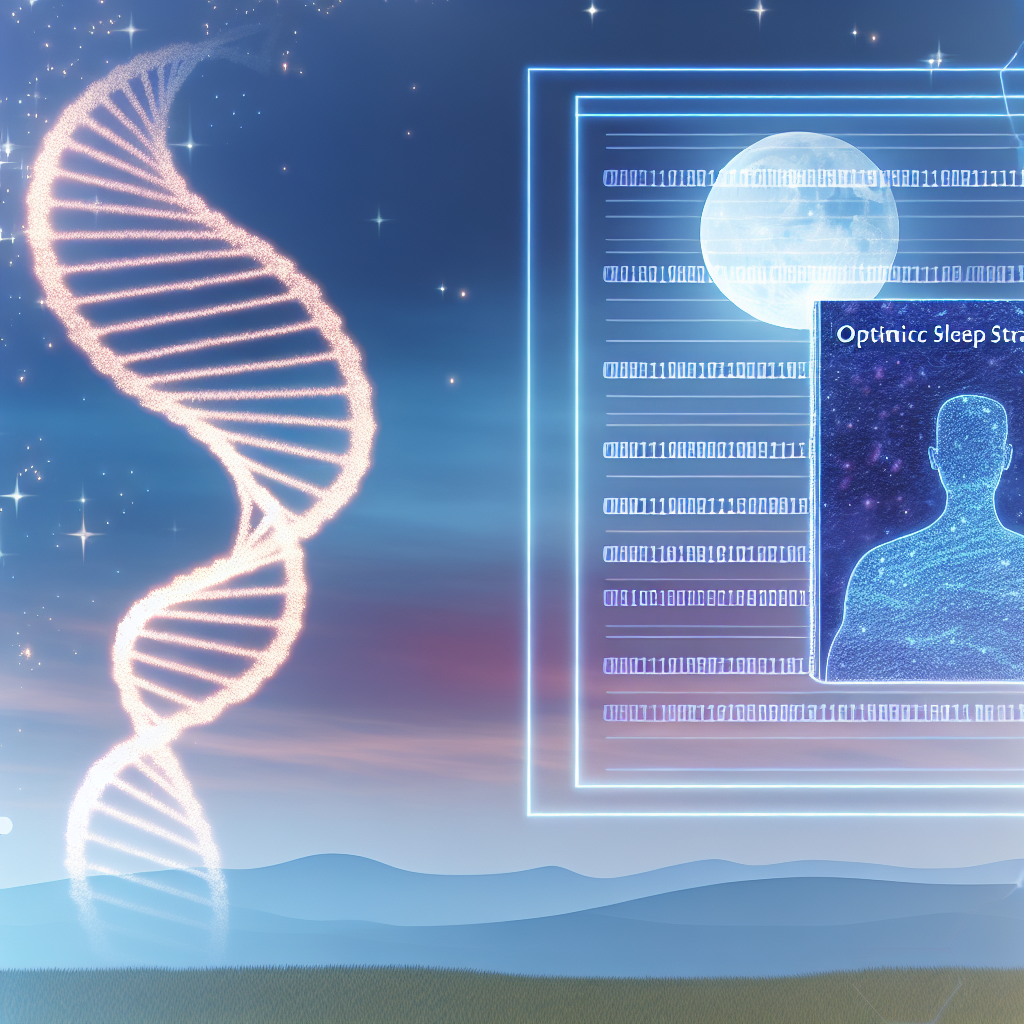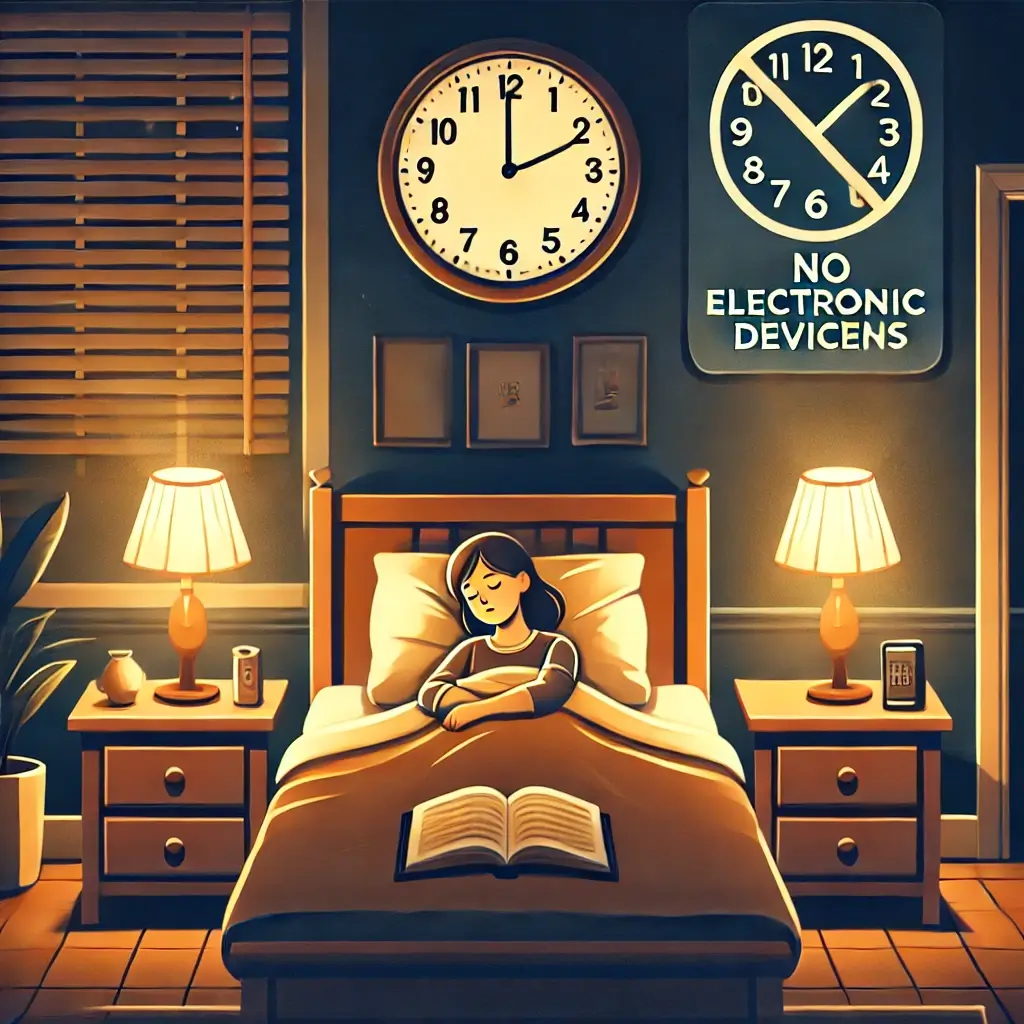Genetic Sleep Profiling: DNA-Based Recommendations for Optimal Rest Strategies
In our fast-paced, digitally connected world, quality sleep has become more elusive than ever. Advances in genetic science have ushered in a revolutionary approach to understanding sleep health: genetic sleep profiling. This innovative approach is grounded in the idea that our genetic makeup holds crucial information about how much sleep we need, whether we are natural early birds or night owls, and our susceptibility to sleep disorders like insomnia or sleep apnea.
Unlocking the Science: How Genetics Shape Your Sleep Patterns
Recent scientific advancements confirm that genetics play a significant role in determining sleep behaviors and patterns. One landmark study published in Nature Communications in 2019 examined the genomes of over 1.2 million individuals and identified more than 350 genetic loci associated with being a morning person or a night owl (chronotype). Another study from the University of California, San Francisco (UCSF) discovered a mutation in the gene DEC2, linked to “short sleep syndrome.”
Your Body Clock’s Blueprint: The Genetics of Circadian Rhythm Disorders
Another core area of genetic influence is our circadian rhythm—the internal clock that governs our daily sleep-wake cycles. Key genes like PER1, PER2, and CRY are instrumental in regulating circadian function. Variants in these genes can lead to conditions such as Delayed Sleep Phase Disorder (DSPD), Advanced Sleep Phase Disorder (ASPD), and Non-24-Hour Sleep-Wake Disorder. Studies have also shown that polymorphisms in the ADA (adenosine deaminase) gene affect sleep intensity and duration.
From Data to Dreamland: What Genetic Sleep Profiling Can Do for You
With this DNA-based knowledge, individuals can unlock invaluable insights, such as:
– Ideal sleep and wake times based on your chronotype
– Sleep duration requirements tailored to your biology
– Your natural sensitivity to stimulants or light exposure
– Risk levels for sleep disorders such as insomnia or sleep apnea
This information can then be used to fine-tune your sleep routine, optimize performance, and even mitigate health risks.
The New Era of Personalized Sleep Health
The future of sleep health is deeply personal—and profoundly genetic. As emerging technologies integrate genomics and wearable data, custom-tailored sleep solutions will become the norm rather than the exception. By tapping into our unique DNA, this personalized strategy offers a deeper, biology-driven understanding of individual sleep needs and vulnerabilities.
Conclusion: Sleep Smarter by Understanding Your DNA
Genetic sleep profiling is revolutionizing the way we understand and approach sleep. By integrating genetic insights into sleep hygiene practices, individuals can achieve better rest, improved cognitive function, and enhanced overall wellness. As research in sleep genetics continues to evolve and technologies become more accessible, the future of sleep health will not just be about counting hours in bed, but customizing sleep strategies that align with the body’s internal biology for truly restorative rest.
Concise Summary:
Genetic sleep profiling is a revolutionary approach to understanding sleep health. By analyzing individual DNA data, this personalized strategy offers insights into sleep patterns, duration needs, and susceptibility to sleep disorders. By aligning sleep strategies with genetic predispositions, individuals can optimize rest and improve overall wellness.

Dominic E. is a passionate filmmaker navigating the exciting intersection of art and science. By day, he delves into the complexities of the human body as a full-time medical writer, meticulously translating intricate medical concepts into accessible and engaging narratives. By night, he explores the boundless realm of cinematic storytelling, crafting narratives that evoke emotion and challenge perspectives.
Film Student and Full-time Medical Writer for ContentVendor.com




